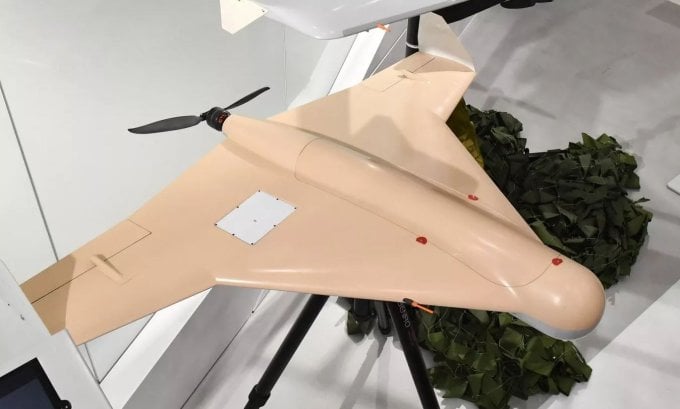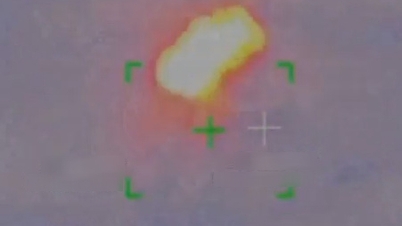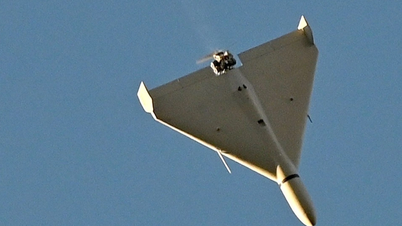Upgraded KUB UAVs with more powerful warheads will help Russia increase its suicide attack capabilities, causing a new "nightmare" for Ukrainian soldiers.
Alan Lushnikov, president of Russian arms giant Kalashnikov, said last month that the company's KUB suicide unmanned aerial vehicle (UAV) is being fitted with a more powerful warhead at the request of the Russian military.
"The tests were successful and the first batch is being delivered to them. The production line is running at full capacity," he said.
The combat parameters of the upgraded KUB version are not disclosed, but it is likely to be equipped with an OFBCh-2.5 warhead, using OKFOL explosives with a destructive power 1.7 times that of TNT explosives of the same mass.
The US military website SOFREP said the new warhead will significantly increase the power of this suicide UAV and turn it into a "terrifying nightmare for Ukrainian soldiers", in the context that the country's forces are struggling to deal with suicide aircraft like Lancet.

The KUB prototype was launched by the Kalashnikov group in 2019. Photo: RIA Novosti
The KUB UAV was launched by Kalashnikov's Zala Aero subsidiary in 2019, completed state testing in November 2021 and entered service with the Russian military last year.
The first version has a range of 40 km, a maximum speed of 130 km/h and can operate continuously for 30 minutes. It can attack according to pre-entered coordinates or lock on to a target based on provided images. In addition to suicide attacks, this UAV model can also perform intelligence and reconnaissance missions.
However, the KUB’s 3kg warhead is considered relatively small, making it infrequently used. Open-source intelligence data shows that the UAV has only struck targets 44 times through December 2023, compared to around 900 targets for the Lancet in more than a year of combat in Ukraine.
The small warhead was also a limitation of the early versions of the Lancet, making them unable to completely destroy heavily armored vehicles or those located in fortified positions. "The upgraded KUB will likely allow Russia to deliver much more powerful strikes and destroy targets that were previously immune to the Lancet," writes Aila Slisco of Newsweek .
KUB and Lancet fill an important gap between lightweight explosive-carrying drones and long-range suicide UAVs like Geran-2, meeting the need for medium-range weapons specializing in high-precision strikes and tactical-operational counter-battery.
The high combat effectiveness has prompted Russia to expand the Lancet production line, while improving suicide UAVs like the KUB to expand its attack options. In an article about technological challenges on the battlefield published in November 2023, Ukrainian military commander Valeri Zaluzhny mentioned suicide UAVs like the Lancet many times, emphasizing that this is a weapon that is "very difficult to deal with".
Vu Anh (According to Newsweek, SOFREP )
Source link


![[Photo] Binh Trieu 1 Bridge has been completed, raised by 1.1m, and will open to traffic at the end of November.](https://vphoto.vietnam.vn/thumb/1200x675/vietnam/resource/IMAGE/2025/10/2/a6549e2a3b5848a1ba76a1ded6141fae)


































































































Comment (0)